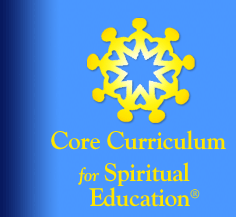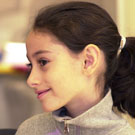Roles and Responsibilities of Spiritual Education
Roles and Responsibilities of Spiritual Education
Roles and Responsibilities
of Spiritual Education
“To promote knowledge is . . . an inescapable duty imposed on every one of the friends of God. It is incumbent upon that Spiritual Assembly, that assemblage of God, to exert every effort to educate the children, so that from infancy they will be trained in Bahá’í conduct and the ways of God, and will, even as young plants, thrive and flourish in the soft-flowing waters that are the counsels and admonitions of the Blessed Beauty.”
— ‘Abdu’l-Bahá, Selections from the Writings of ‘Abdu’l-Bahá, p. 126

It is “incumbent” on the Spiritual Assembly to educate the children; it is the role of the Auxiliary Board members to advise and assist the Spiritual Assemblies; and it is the “bounden duty of parents to raise their children to be staunch in Faith.” In Bahá’í communities the special tasks of Spiritual Assemblies, Auxiliary Board members and their assistants, parents, teachers, and Regional Training Institutes call for a new level of partnership.
When the entire community makes the education and training of children one of its foremost activities, it expresses unity in diversity of action. Each participant in the community has slightly different responsibilities towards this sacred task, and can bring about a special harmony in a child development centered community through unified effort.
topLocal Spiritual Assembly
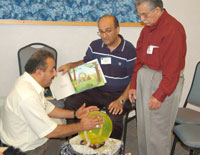
It is the responsibility of the local community, and specifically of the Local Spiritual Assembly, to provide for the education of children and promote learning. Funds should be set aside for children’s education, and particular guidance and assistance should be given to mothers in training their children.
Regional Training Institutes
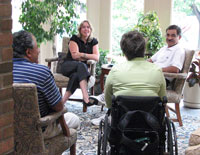
“Institutes must be certain to include in their programmes the training of teachers of children’s classes, who can make their services available to local communities.”
— Universal House of Justice, letter to the Bahá’ís of the World, Ridván 156 B.E
top
Auxiliary Board
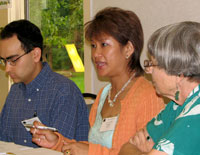
In Bahá’í communities, Auxiliary Board members and their assistants can release the potential of individuals to support national and local plans, and encourage individual service and initiative in teaching. They can help identify and train human resources, and assist children in their efforts to learn and teach. They can offer advice and information to Local Spiritual Assemblies, Regional Training Institutes, teachers and parents.
Teachers
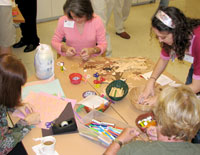
Teachers must dedicate themselves to the spiritual training of children. They should strive to be aware of needs and strengths of individual students and provide opportunities for spiritual, moral, social, and intellectual growth. The Bahá’í writings treat teachers with great respect.
top
Parents
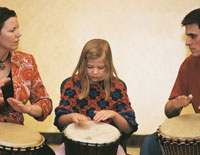
“It is the bounden duty of parents to rear their children to be staunch in faith,” and to continually strive to provide a comprehensive material, intellectual, and spiritual education for their children.
The Bahá’í writings provide guidance to parents and also specifically advise fathers and mothers.
Fathers
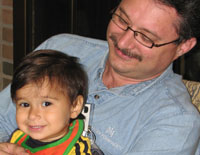
The father is exhorted to instruct “his son and daughter in the art of reading and writing and in all that hath been laid down in the Holy Tablet” and to “educate his children, both boys and girls, in the sciences and in morals, and in crafts and professions.”
top
Mothers
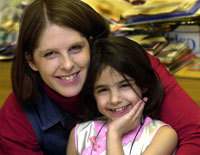
Mothers are called “the first educators, the first mentors” by ‘Abdu’l-Bahá, who states that it is “truly the mothers who determine the happiness, the future greatness, the courteous ways and learning and judgment, the understanding and the faith of their little ones.” Mothers are called to “educate their little ones from their earliest days” and to “thoroughly train them, rear them to have a goodly character and good morals, guide them to all the virtues of humankind, prevent the development of any behavior that would be worthy of blame, and foster them in the embrace of Bahá’í education.”
Children
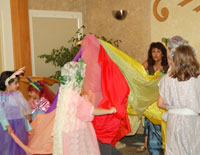
Children, too, are given special roles. Bahá’u’lláh commands, “Show honor to your parents and pay homage to them. This will cause blessings to descend upon you from the clouds of the bounty of your Lord, the Exalted, the Great.” Shoghi Effendi calls to mind the future of the next generation, “The responsibility of young believers is very great. To deepen their knowledge, to become well versed in arts and sciences, and to perfect themselves in the Bahá’í standards of virtue and upright conduct are among the paramount duties of every young Bahá’í.”
top
